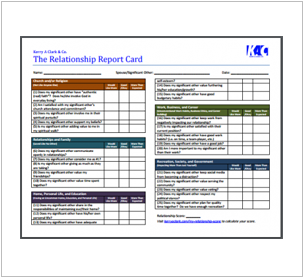The Uncommon Leader – Part 2
Leadership is Uncommon
A brand is not merely something to be written down; it is the reflection of your true identity.
In our society, there is a concept known as a “brand.” I want to discuss briefly how this relates to your unique identity. People often feel the need to fix, create, or refresh their brand. They talk about upgrading their brand identity. However, a brand isn’t something you can simply write down; it’s an expression of who you truly are. Essentially, it represents your God-given gifts and the person you were made to be.
Even if you try to define your brand in a certain way, that may not always reflect who you genuinely are. You can’t just write a new brand; you must become a new one. Your brand is your identity—it’s who you are, not what you pretend to be. If you want to change your brand, unfortunately, that means you have to change who you are.

When someone mentions going through a “rebranding,” it implies more than just surface changes. The only way to rebrand yourself is by transforming your mindset. Simply painting on a new identity doesn’t work; that’s like wearing a mask. If you do this, you risk presenting a version of yourself that doesn’t exist, ultimately disappointing those who encounter the real you.
Let’s revisit what Dr. Myles Munroe says: “Everyone is a leader in their area of functioning.” There are people out there who want more of who you are when you’re in their world. By the way, if people don’t want what you have to offer, they won’t be around you. They’ll get away from you. You shouldn’t focus on the people you’re losing; focus on those who stick with you, like to hang around you, and are with you currently.
When you put more effort into your existing relationships, you will attract more people who share similar preferences for your brand. This is how branding works—it draws in those who resonate with what you offer.
Think of it like your favorite brand of coffee. Not everyone enjoys Starbucks; some people prefer Dunkin’. While Dunkin’ may desire to appeal to Starbucks drinkers, it’s better if it remains focused on retaining its loyal customer relationships. Its goal should be to attract more individuals who appreciate Dunkin’ while also ensuring it doesn’t lose its loyal customers by becoming something it is not: Starbucks.
In other words, you don’t want to imitate another brand when your brand is good enough. Let me say it differently: Stop imitating someone else’s brand when your brand, who you are, is good enough.



Leave a Reply